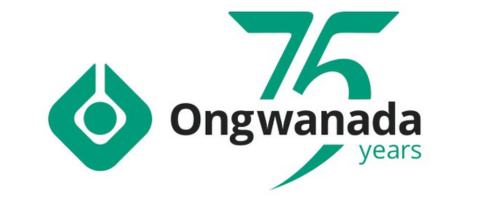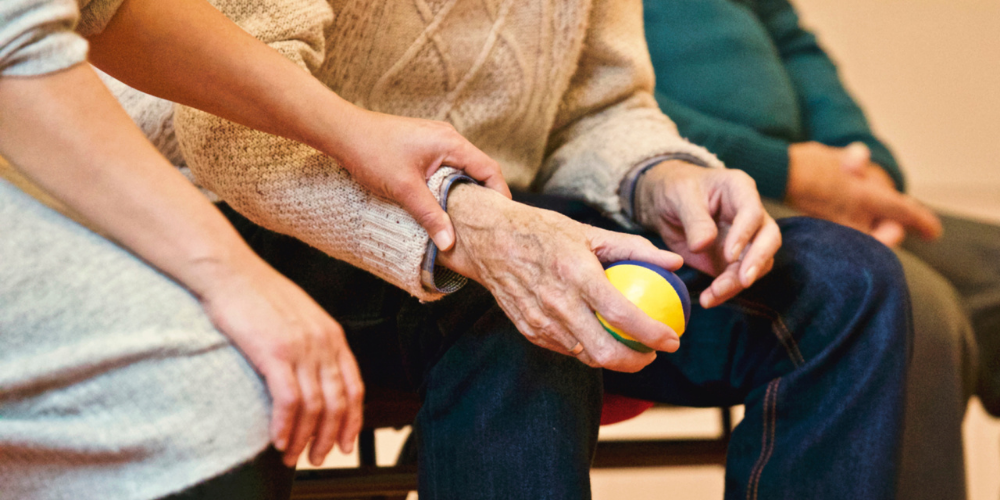October 20, 2020 |
re: Visitor Guidelines
Dear Ongwanada family members,
As we continue to manage our way through this ongoing pandemic, I want to extend my sincere thanks and appreciation to each of you for your continued patience and understanding with the various precautions and guidelines that we have put in place for the protection of your loved ones, as well as the other individuals that we support. We have had some inquiries as to the need for some of these precautions and what can be expected with a rise in COVID-19 positive cases, so I thought it may be helpful to provide explanation.
Why must I wear a mask, gown and face shield/goggles to visit my loved one?
Masks and gowns are worn for the protection of your loved one and the other individuals residing in the home. These protect against the visitor spreading the virus through droplets from the mouth and nose or carried on their clothing. Face shields and goggles protect the visitor being exposed to the virus from someone living or working in the home.
Ongwanada takes its responsibility to protect the individuals in its care very seriously, therefore the wearing of masks and gowns to protect those living in our homes is non-negotiable. However, family members who do not wish to wear a face shield or goggles can be exempted from doing so as long as they sign a waiver that they accept not doing so represents a health risk to themselves. We would also ask that visitors refrain from using the washrooms in the home, if at all possible.
Why are certain outings/activities discouraged?
We encourage families to be mindful of where they take their loved ones on outings and consider low-risk activities. Low risk activities not only reduce the likelihood of exposure to the virus for their loved one, but also for other residents in the same home. While your family member may not be considered high-risk if they contract the virus, others in the same home who are medically frail or aged may be high-risk. We all need to think about the impact of exposure to the virus on ourselves and our loved ones as well as on others with whom we live or come into close contact.
Activities deemed by public health to be higher risk include:
- indoor events with more than 10 people with decreased capacity for physical distance
- events where food will be shared
- outdoor gatherings with more than 10 people where food will be shared
Instead of these higher risk activities, we recommend low risk activities such as:
- outdoor events where physical distancing is possible
- Visiting with your loved one at your home with no other persons present
Further, it is preferred that outings occur in the local KFLA region where active cases of COVID-19 are low at this time. Along similar lines, we recommend that anyone coming to visit from a COVID-19 hotspot have a negative COVID-19 test prior to visiting.
At what point might Ongwanada begin imposing visitor restrictions or closing programs?
Ongwanada continues to follow the advice of local public health officials and government guidelines. We are monitoring the current uptick in cases closely and are prepared to take the necessary action to keep the people we support and our staff safe. As the evolution of the pandemic is very fluid in nature, we may be required to modify our visitor requirements or make changes to our programs with little to no advance notice. These changes may result from a public health order or out of necessity due to staffing shortages resulting from staff isolation or illness. I apologize in advance and ask for your understanding; we would not make these decisions lightly and any decision that we do make is in an effort to protect the people that we support, as well as our staff.
We will continue to provide updates as necessary, but if you have any questions or concerns in the meantime, please do not hesitate to contact me or another member of our leadership team.
Sincerely,
Alastair Lamb
CEO


